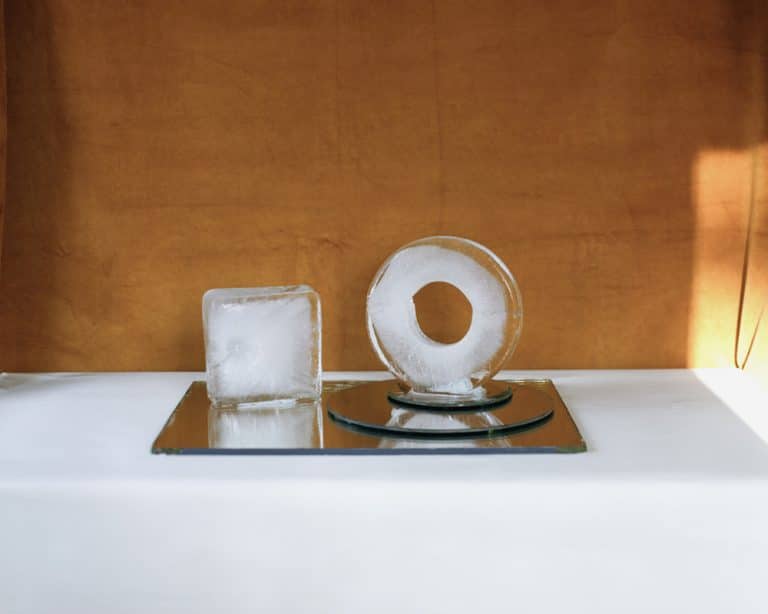How the news comparison platform Ground News tackles fake news and political bias
In today’s media landscape, people are bound to be trapped in virtually inescapable echo chambers. As social media is now our primary source of news and information, we find ourselves at the mercy of algorithms that are designed to feed us with content we’d find ‘agreeable’. This problem transcends social media, though, as each news source now has its own political agenda and coverage, be it Fox News or CNN.
Even those of us who are painfully aware of this issue are struggling to do something to resolve it. Fact-checking every single news item on our own is a laborious task that would pretty much count as a full-time job, and finding information sources that are both credible and challenging is hard seeing as our virtual surroundings become increasingly homogeneous. That’s where Ground News comes in.
Ground News, the world’s first news comparison platform, helps readers compare how the same news item was covered in various sources across the political spectrum and around the globe, and encourages them to reach our own conclusions. Ground News currently features over 50,000 news sources, all of which were vetted for credibility.
Take the issue of the ongoing Democratic primaries, for instance, or even Megxit—Ground News will map out the various sources that covered these stories and categorise them based on the publication’s political bias, which are labelled as ‘lean left’, ‘left’, ‘centre’, ‘lean right’ and ‘right’. Through such coverage analysis, a reader could easily get a balanced and diverse picture of each event and get access to points of view they would have not been exposed to otherwise. Readers can consult sources as left-leaning as Mother Jones and right-leaning as Breitbart, and get a glimpse into rare coverage from places like Iran and North Korea (all of which had been vetted using tech).
Harleen Kaur, Ground News’ CEO and co-founder, comes from an engineering background. She used to work for NASA, and later on at a satellite startup where her team used earth-observation satellite technology to help, among other things, insurance companies identify fraud and municipalities spot leaking pipes.
Following the 2016 elections, when fraudulent reports flooded the internet and hindered the democratic process, Kaur felt compelled to help rectifying our media ecosystem. “I [couldn’t] believe, as an engineer, that there’s so much tech around us and yet we don’t know what to believe anymore,” Kaur told Screen Shot. “I wanted to present a solution where somebody who was not trained as a journalist, somebody who doesn’t spend their day understanding what really happens in the news, will have a simple tool to be able to do that, and read news from various sources.”
Once a week, Ground News publishes a Blindspot Report, which lists the news that were excluded from certain news sources. A left-leaning American, for instance, could have easily missed the news about Mike Bloomberg considering Hillary Clinton as his potential Vice President, whereas readers leaning right were most likely oblivious to the fact that the Chinese authorities were aware of the coronavirus threat before reports about it became public. “Whenever there are climate catastrophes, the right-wing media is mostly quiet on it, or if something adverse happens with the immigration situation—the right-wing media is quiet on it,” Kaur said, “The left does the same as well on certain topics. And we want to show the consumers that it doesn’t mean that if their news source isn’t reporting something, then it’s necessarily not true.”
Other advantages unique to Ground News are the time and location features, which allow readers to see how the coverage of a certain topic changes over time and depending on the geographic location of the publication. Reading about the downing of the Ukrainian passenger aircraft by the Iranian authorities, for instance, readers were presented with a timeline of the events as they unfolded, and how they were covered differently by Canadian and Iranian news.
Currently, the majority of Ground News’ readers are located in the US, and Kaur says that their intention is to focus primarily on the American market for now, considering it is a tumultuous election year. That said, the news comparison platform is seeing a steadily growing readership in the UK—a country which Kaur believes “is another place where biases are a bit more obvious in terms of media landscape,” as well as several other countries across the world.
There is no quick fix to our contaminated media environment, and it is up to each of us to broaden our lenses and diversify our intake of information and views. A platform like Ground News can certainly support us on this quest. Are you ready to burst your bubble?





